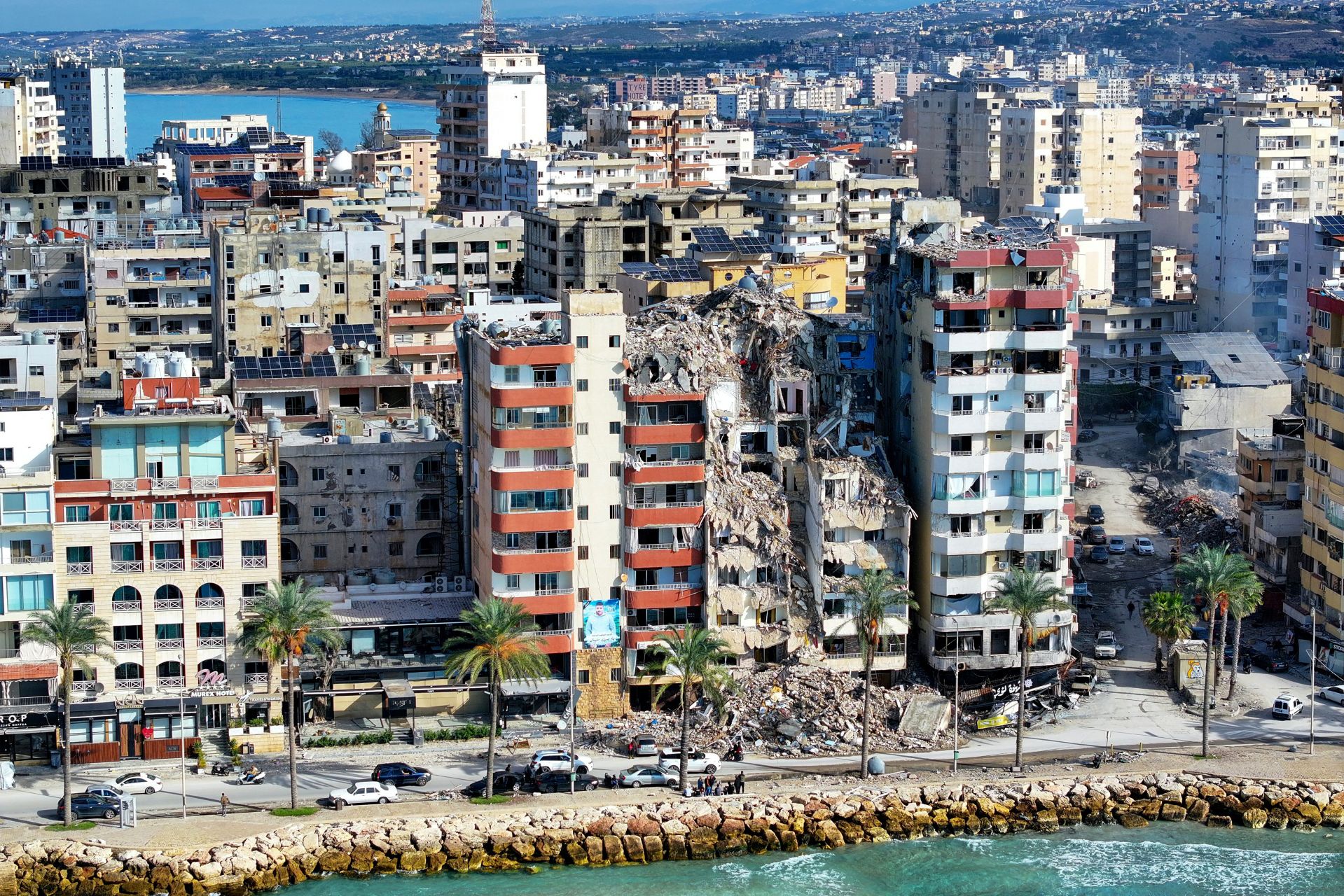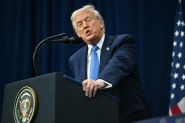
There are none so deaf as those who will not hear, and none so blind as those who will not see. These adages resonate particularly well when reflecting on the “puppet masters” in both Tehran and the southern suburbs of Beirut, especially in the aftermath of significant geopolitical shifts that have reverberated throughout the Middle East in recent months.
Since the onset of the Lebanese civil war in April 1975, the Lebanese have become all too familiar with the recurring headlines that often grace the local press: “A decisive week ahead,” “The next few days are crucial…”
This time, however, the week ahead — starting on Monday, January 20 — is truly critical. With the inauguration of President Donald Trump, the progress (or perhaps completion) of negotiations to form President Aoun’s first government, and, perhaps most importantly, the looming expiration of the deadline for implementing the ceasefire agreement signed with Israel on November 27, all eyes are now focused on the upcoming developments. Additionally, the anticipated truce in Gaza could significantly impact the broader situation.
Many deadlines are now coming up within a short period of time. Given the shifting regional order and the volatile international climate, full of potential surprises, several key questions arise. Has the Iranian camp, perhaps reluctantly, finally come to terms with the fact that Lebanon — like other Arab nations — is not its personal possession to control at will, disregarding the well-being of the local population? And, by extension, is Hezbollah — the armed proxy of the Iranian Revolutionary Guards in Lebanon and the broader Arab world — prepared to accept that state institutions, and Lebanon itself, are not its private domain? The answers to these questions remain uncertain…
These are undoubtedly tough questions that lead to even more profound ones. At the “International Conference in Support of the People and Sovereignty of Lebanon,” held in Paris on October 24, 2024, at France’s initiative, French President Emmanuel Macron “bitterly regretted” in his speech that “Iran had engaged Hezbollah against Israel, whereas Lebanon’s greater interest should have been to stay out of the Gaza war.” In a separate statement made on the sidelines of the conference, he expressed disappointment that Iran had urged Hezbollah to reopen the southern Lebanon front, “with the aim of preserving the regime” in Tehran.
Given this context, the Lebanese have every right to ask a series of difficult questions to the Iranian mullahs, specifically to the leadership of the Islamic Revolutionary Guards Corps:
Did they not realize that Israeli Prime Minister Benjamin Netanyahu is far from being lenient, and that past experiences have shown he spares no effort in using forceful methods during armed conflict?
Did they fail to recognize the vast technological gap separating Israel from the Iranian camp, with the Israeli military holding absolute control of the skies, from Beirut to Tehran?
Did they also fail to realize that, in the event of an open war, the Israeli government is guaranteed massive and intensive military support from the United States, as previous conflicts have clearly demonstrated?
Perhaps it is necessary to remind the mullah regime of the famous words of the late President Anwar Sadat, who, when speaking to a Western journalist, declared: “I am not at war with Israel, but with the United States!”
By openly criticizing the Iranian regime for using Hezbollah against Israel, despite Lebanon’s greater interest, President Macron undoubtedly recognized the implicit answers to these difficult questions — answers that compel us to confront a bitter truth without hesitation or complacency: much like many Arab leaders who have risen to power over the past 75 years of Middle Eastern conflict, the Iranian mullah regime has no real intention of "liberating Palestine and Jerusalem," nor of waging a total war against Israel or destroying the Jewish state.
Its goal, rather, is to exploit the Palestinian cause — politically and through media — as a business asset to position itself as a dominant regional power. By claiming to be the self-proclaimed champion of the Palestinian people’s struggle, it seeks to assert its influence within the Arab world without translating its fiery rhetoric into meaningful or decisive actions.
For those driving the strategy of exporting the Islamic revolution, the objective has consistently been to establish and manipulate local proxy militias to wage limited, sporadic, and largely inconsequential battles against Israel—often at the expense of countless Lebanese, Palestinian, and Arab lives. Yet, meticulous effort has always been made to avoid endangering the survival of the State of Israel. The pressing question now is whether the regime’s strategists can acknowledge that these pragmatic rules of engagement may have fundamentally shifted in response to the profound changes reshaping the regional political landscape.




Comments